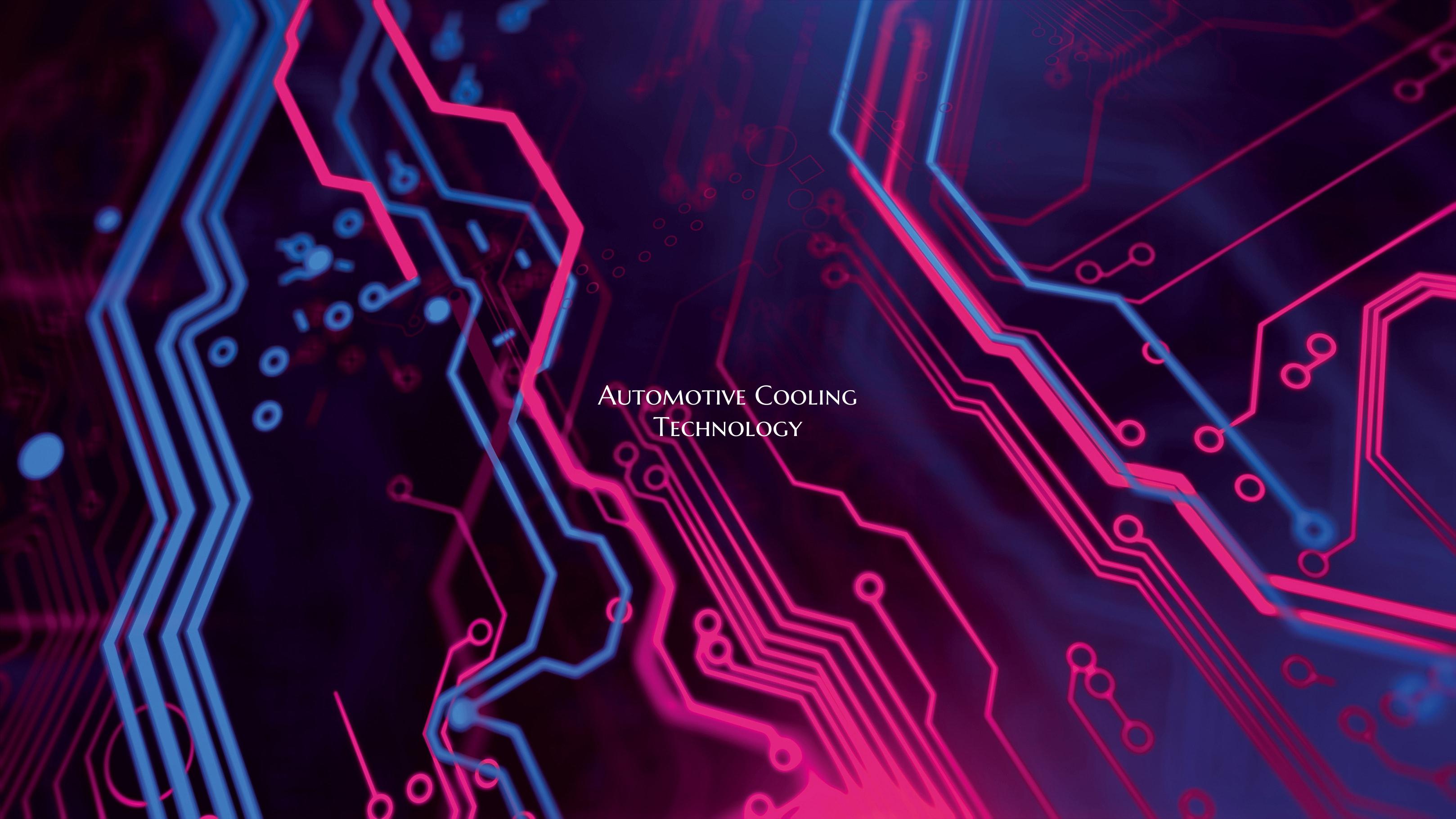Automotive Cooling Technology
Automotive Cooling Technology: Enhancing Vehicle Performance and Efficiency
Automotive cooling technology plays a vital role in ensuring the smooth operation of vehicles and enhancing both performance and efficiency. The cooling system in a vehicle is responsible for dissipating heat generated by the engine, transmission, and other components, preventing overheating and potential damage. By regulating the temperature of critical components, cooling technology helps to optimize the overall performance and longevity of the vehicle.
One of the key components of automotive cooling technology is the radiator. Radiators are designed to transfer heat away from the engine by using a coolant that absorbs heat and then circulates through the system. The coolant absorbs the heat generated during combustion and carries it to the radiator where it releases the heat into the surrounding air, cooling down the engine.
Modern vehicles utilize advanced cooling technologies such as liquid cooling systems, efficient fans, and thermal management systems to enhance cooling efficiency. Liquid cooling systems, for example, use a combination of water and coolant to regulate engine temperature effectively. Electric fans are employed to improve cooling performance at lower speeds or when the vehicle is stationary, ensuring consistent temperature control in all driving conditions.
Thermal management systems are becoming increasingly sophisticated in modern vehicles, with sensors and actuators that adjust cooling performance based on real-time data. These intelligent systems help optimize engine temperature, reduce energy consumption, and enhance overall vehicle efficiency.
Advancements in automotive cooling technology also include the use of innovative materials and design features to improve heat transfer and reduce weight. Lightweight materials help enhance fuel efficiency and overall vehicle performance by reducing the load on the engine.
In summary, automotive cooling technology is a critical aspect of vehicle design that directly impacts performance, efficiency, and reliability. By implementing advanced cooling systems and technologies, automakers can enhance the overall driving experience, improve fuel economy, and ensure the longevity of vehicles. Continuous innovation in cooling technology is essential to meet the evolving demands of the automotive industry and to drive future advancements in vehicle performance and sustainability.

